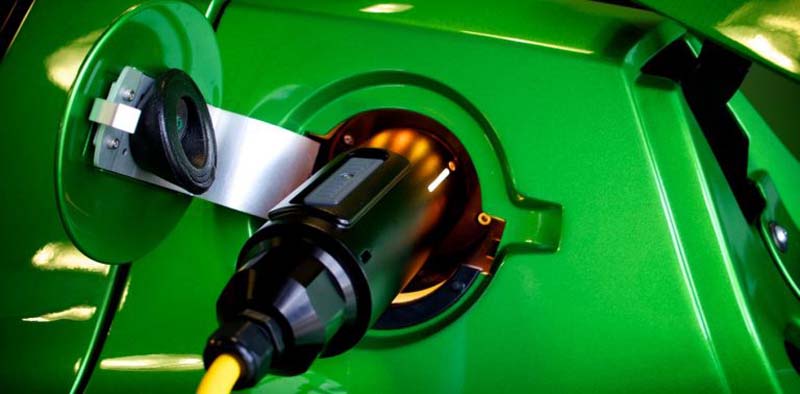NEW DELHI, July 4: The country must emphasise on electric vehicles (EVs) as these represent the next generation in sustainable mobility and appropriate policy measures are needed to lower the overall lifetime ownership costs to make them an attractive alternative to consumers, according to the Economic Survey 2018-19.
The Survey, which was tabled in Parliament by Finance Minister Nirmala Sitharaman, also said the country can emerge as a hub of EV manufacturing; and a policy push is required to devise universal charging standards for India as a whole and to provide adequate charging infrastructure.
“As electric vehicles represent the next generation in sustainable mobility, India must emphasise on them. Currently, the market share of electric cars is only 0.06 per cent when compared to 2 per cent in China and 39 per cent in Norway,” it said.
Stating that it may not be unrealistic to visualise one of the Indian cities emerging as the Detroit of EVs in the future, it said, “Appropriate policy measures are needed to lower the overall lifetime ownership costs of EVs and make them an attractive alternative to conventional vehicles for all consumers,” it said.
However, adoption rate of EVs has been slow, largely due to the lack of charging infrastructure in India and the time taken for completely charging the EVs.
“In India, the limited availability of charging infrastructure seems to be a major impediment to increased adoption of EVs,” it said, adding access to fast charging facilities must be fostered to increase the market share of electric vehicles.
“A policy push is therefore required to devise universal charging standards for the country as a whole and to provide adequate charging infrastructure,” the Survey added.
Stressing on the enormous potential for EVs in India not just because of its eco-friendly attributes, the survey said the country can emerge as a hub of manufacturing of such vehicles generating employment and growth opportunities provided policies are supportive.
“While various incentives have been provided by the government and new policies are being implemented, it is important that these policies not only focus on reducing the upfront costs of owning an EV but also reduce the overall lifetime costs of ownership,” it said.
The Survey further said that given the commitments that India has made on the climate front as a nation and the increasing awareness of the consumers on environmental aspects, it is likely that larger and larger share of the automobile sector will be in the form of electric vehicles.
Quoting the Niti Aayog, it said that if India reaches an EV sales penetration of 30 per cent for private cars, 70 per cent for commercial cars, 40 per cent for buses, and 80 per cent for two- and three-wheelers by 2030, a saving of 846 million tonne of net CO2 emissions and oil savings of 474 million tonne of oil equivalent (MTOE) can be achieved.
In India, electric two-wheelers have been the major part of EV sales with sales of around 54,800 in 2018. Compared to this, sales of electric cars have been only around 2,000 in 2017.
Citing data from the Society of Manufacturers of Electric Vehicles (SMEV), the Survey said Uttar Pradesh topped the list of states with the highest EV sales with around 6,878 units in 2017-18, followed by Haryana at 6,307 units and Gujarat at 6,010 EVs.
Maharashtra reported sales of around 4,865 EV units, while West Bengal came in fifth with sales of 4,706 units.
Globally, the Survey said sales of EVs have been rising at a fast pace from just over 2,000 units being sold in 2008 to over 10 lakh in 2017. More than half of the sales were in China. (PTI)


